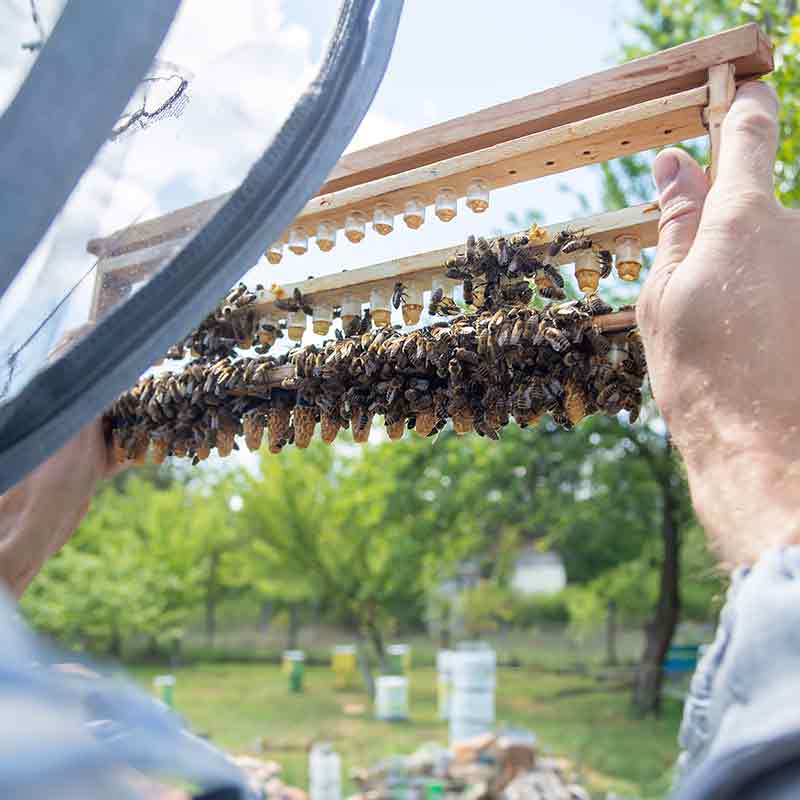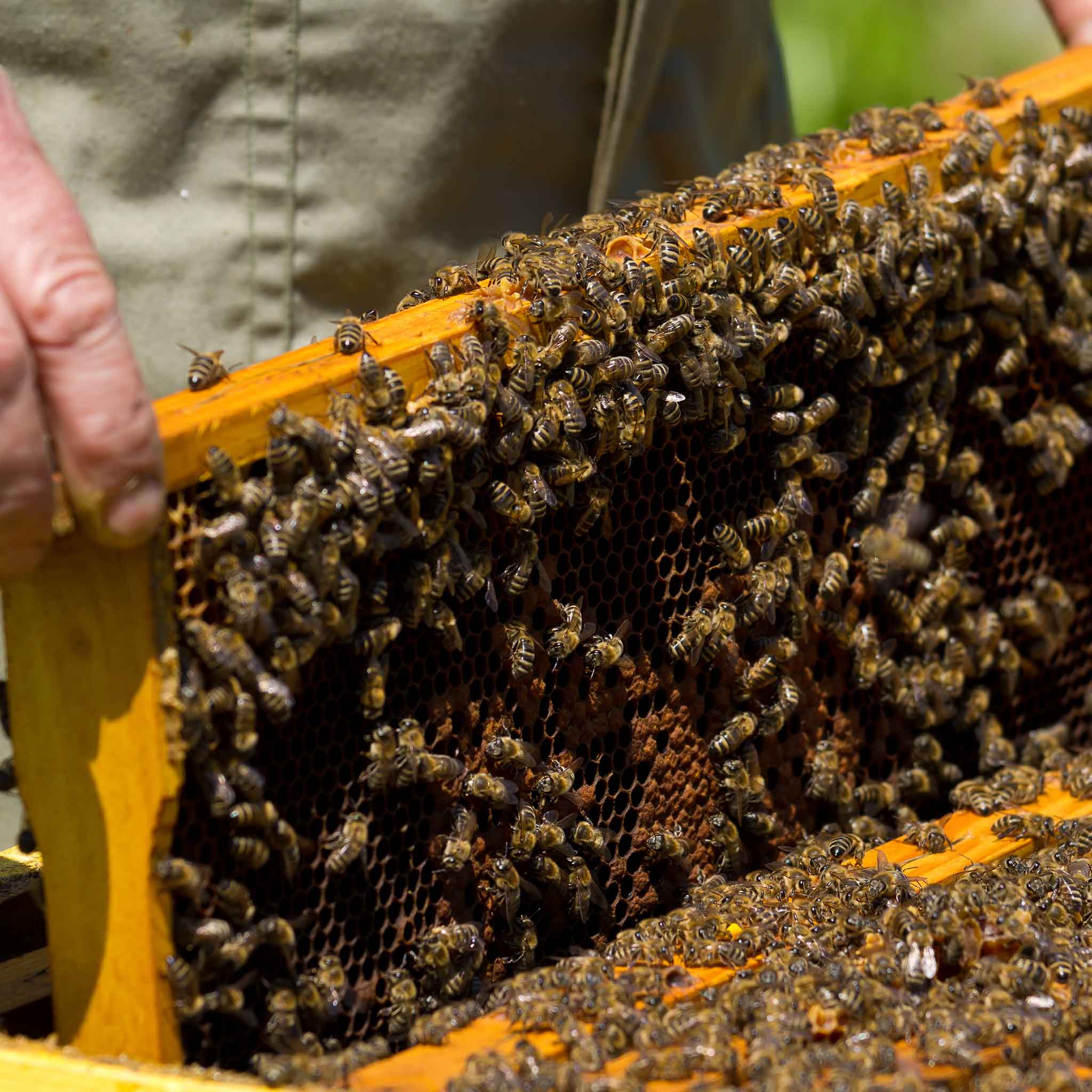Beekeeping has become more popular in recent years due to its essential role in pollination and environmental preservation. As more people become involved in apiculture as a pastime or career, it is necessary to understand the essential elements of successful beekeeping.

For successful bee farming, enthusiasts must purchase some essential state-of-the-art equipment and supplies, necessary for farming. Well-established local Australian suppliers deliver cutting-edge tools such as bee hive with tap, hive traps, latches, clips, pollen traps, kits, and many other accessories in addition to local bees, queen bees, and drones.
Additionally, both the beekeeper and the bees need guaranteed hygiene, safety, and efficiency when using top-notch equipment. Farmers can have better results by streamlining the apiculture process including ergonomic hive equipment, protective gear with improved ventilation, and hive monitoring gadgets available online from local suppliers.
In addition, utilizing top-notch equipment, the real success lies in implementing effective techniques or hacks to optimize successful bee farming practices.
- Firstly, a strategic hive placement can impact significantly productivity. Therefore, it is a must to select the right site for abundant nectar sources such as backyard gardens for beginners with a safe shelter such as readymade beehives to protect from harsh weather conditions is important.
- Secondly, farmers must be consistent in monitoring bees and hive health for early detection of issues like disease or pests. They should use pest control from trusted stores to prevent potential disasters.
- Third, people should be well-informed about seasonal changes and they need to adopt flexible practices for increasing honey production and bee population year-round.
- Next, farmers should keep their eyes on proper queen-rearing or collecting local queen bees from well-known suppliers to maintain colony wellness and genetic diversity, essential for long-term sustainability.
- Finally, they should employ natural methods to control pests and diseases minimize reliance on chemical treatments and promote healthier bee populations and honey quality.
Meanwhile, farmers should collect and use essential tools, techniques, and local bees from trusted suppliers and apply the aforementioned hacks for successful bee farming practices.

No comments:
Post a Comment